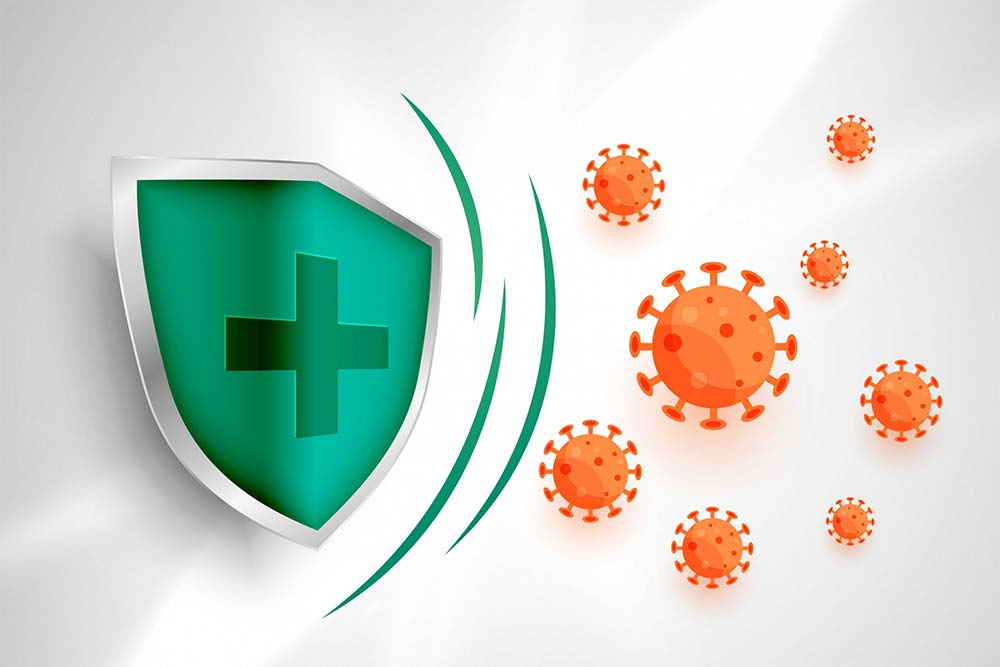HPV stands for Human Papillomavirus. This virus is the “cause” of cervical cancer. A woman can get cervical cancer from a man. However, men cannot pass HPV on to a woman sexually. HPV is spread through skin-to-skin contact, like through sexual contact or by touching it.
The HPV vaccines are a revolutionary breakthrough in the fight against cervical cancer. They’re not only important for women but men too because HPV is a sexually transmitted disease that can be transmitted from person to person. Although HPV infections typically don’t cause symptoms, the virus can also cause genital warts and genital lesions. Since HPV is highly contagious, men and women should be aware of the HPV vaccines, which can help prevent infection with some of the virus’s most dangerous strains.
How HPV vaccines work for men
The HPV vaccine for men is Gardasil, also known as the nine-valent virus. This vaccine is recommended for all men between the ages of 18 and 26. It’s estimated that 7% of males in the United States have received the vaccine, which is about a 10% increase in coverage from 2012 to 2016.
As the HPV vaccines become more widespread, men are being encouraged to get vaccinated. Currently, it is recommended men get vaccinated between the ages of 18 and 26, and that is done via an initial series of three vaccinations. But what is important about vaccines is they work in our bodies, which means they are targeted towards certain genetic weaknesses. This means, for example, that if your genes make you more likely to contract HPV, then a vaccine can protect you from becoming infected since your body will recognize the HPV and attack the virus.
There is good news for men when it comes to the HPV vaccine. The vaccine, known as Gardasil, protects against four strains of HPV, two of which cause genital warts, which can go on to lead to genital cancer. Men also have HPV, which can cause genital warts, and scientists think the vaccine could protect against HPV-caused throat cancer, which afflicts roughly 20,000 men yearly in the U.S.
HPV in men can also lead to cancers
HPV, also known as Human Papillomavirus, is a viral infection that can infect men and women. In men, the HPV virus can lead to cancer or precancer of the anus, penis, and throat. There are 14 types of HPV, but the most common types include HPV 16 and HPV 18, and these types are responsible for the majority of HPV-related cancers.
A new HPV vaccine for men has been approved by the U.S. Food and Drug Administration. The Cervarix vaccine is designed to prevent cervical cancer and genital warts. The vaccine will be given to men and women aged 21 and older at increased risk of developing precancerous or cancerous cervical, vulvar, vaginal, or penile lesions. The vaccine is given in a series of three shots. The first dose is given 3-4 months apart, the second dose 6-9 months later, and the third dose 9-12 months later. Clinical trials of the vaccine, including studies involving more than 30,000 men and women, found that the vaccine was safe and highly effective. You can check out clinical trials for hpv at Power if you’re looking for additional treatment options for HVP.
HPV vaccination provides long-term protection, is effective and safe for men
Men over the age of 21 should talk to their doctor about getting the HPV vaccine. This vaccination protects against HPV, a virus that can cause cancer if left untreated. The HPV vaccine, called Gardasil, is safe and effective and prevents infection in most of the 100 types of HPV. Even if a man contracts HPV, the vaccine provides protection for several years, reducing the risk of disease.
HPV vaccination protects women from certain types of cervical cancer, but until recently, the vaccination was thought to offer no protection to men. However, recent research has shown that a small subset of HPV strains can infect both men and women. As a result, the Centers for Disease Control and Prevention (CDC) now recommends that all men between 18 and 26 receive vaccination against HPV. Many health advocates have applauded the introduction of this vaccination, arguing that it will provide better overall long-term health protection, reduce the risk of cancer, and be safe and effective.
HPV vaccine for men can cause side effects?
The Human Papillomavirus (HPV) vaccine has become an important part of modern medicine and is being offered to most adults in the United States. However, even though this vaccine has been proven effective in preventing certain strains of HPV, some men do experience side effects. These side effects can range from mild to severe and may include:
- Pain at the site of vaccine injection.
- Lymph node swelling and tenderness.
- Rashes at the injection site.
If you notice any of these side effects, be sure to let your doctor know immediately.
